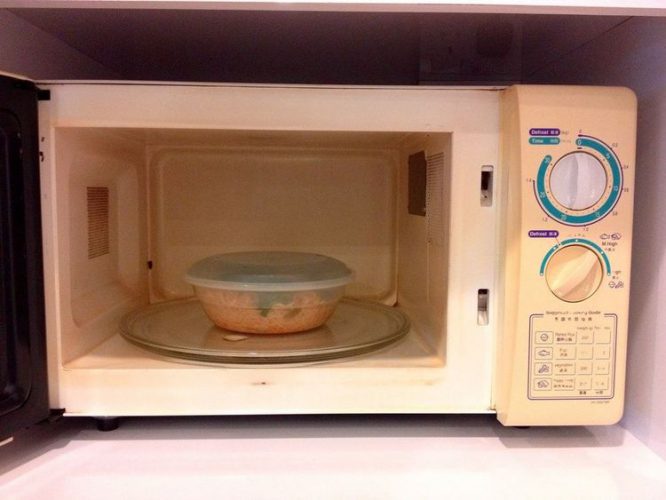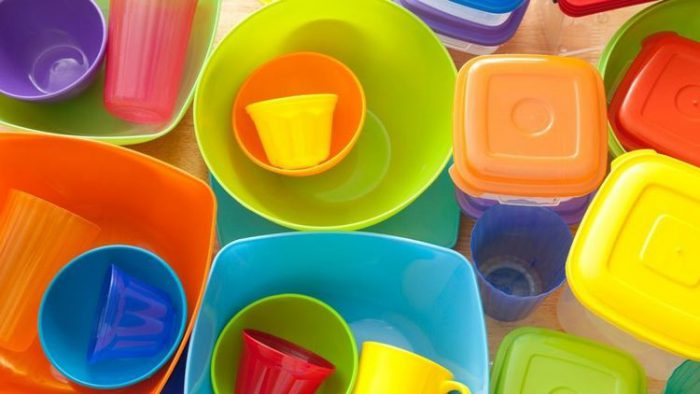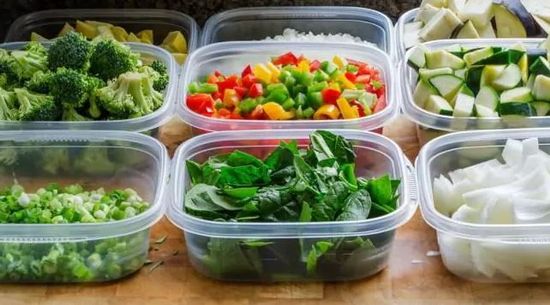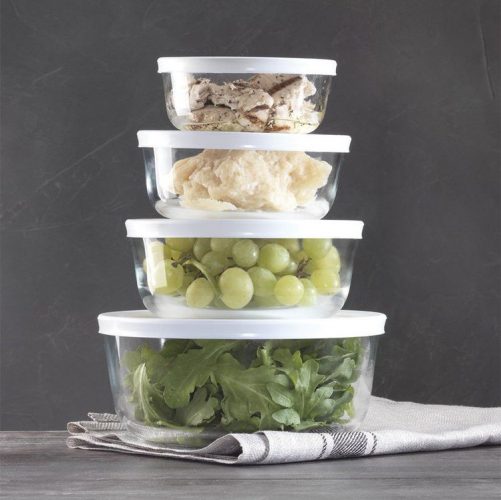Doctors often update us with new health warnings based on evolving research. While it can be confusing to hear conflicting advice, like whether butter is beneficial or harmful, it’s primarily because research methods are constantly improving. With advanced equipment and refined techniques, doctors, scientists, and researchers are able to produce more accurate and updated findings.
However, constantly hearing about potential dangers in everyday household items can be overwhelming. As we are bombarded with new information, it becomes challenging to stay informed, especially for parents striving to make the best choices for their children’s well-being.

After meals, my family typically stores leftovers in plastic containers, keeping them in the fridge to reheat for lunch the next day. This method has been a convenient way for us to save money and reduce food waste.
However, new research suggests that this practice may pose risks to our health, especially our children’s. According to a study by the Academy of Pediatrics (AAP), using certain plastic containers to store and heat food can be hazardous.
In recent years, awareness about the potential dangers of plastics, particularly BPA, has grown among the general public. This issue has even caught the attention of celebrities like Kourtney Kardashian, who advocate for safer alternatives to plastic.

“I prefer to use the oven, stovetop, or toaster oven for reheating rather than the microwave. I’ve learned that toxins from plastic containers can leach into food when heated, and this applies even to BPA-free plastics,” said the concerned individual.
The Food and Drug Administration (FDA) acknowledges the potential risks associated with plastic containers. Beyond the well-known concerns about BPA and phthalates, even plastics labeled as “microwave-safe” can pose health risks.
The Academy of Pediatrics (AAP) has highlighted the heightened vulnerability of children to the dangers posed by plastics, underscoring the importance of caution when it comes to food storage and reheating practices.

“BPA can mimic estrogen in the body, potentially altering puberty timing, reducing fertility, increasing body fat, and impacting the nervous and immune systems,” explains the research.
Similarly, phthalates are harmful compounds used to make plastics more flexible. “Phthalates can influence male genital development, contribute to childhood obesity, and increase the risk of cardiovascular disease,” the research further reveals.
These findings have left parents deeply concerned. To add to the alarming news, doctors warn that even placing these plastic containers in the dishwasher can release these harmful chemicals, posing additional health risks.

To address these concerns, parents can prioritize their health by investing in glass containers. Unlike plastic containers, glass options do not pose the same health risks and also offer the added aesthetic benefit of making leftovers look more appealing.
As consumer demand shifts towards glass over plastic, manufacturers are likely to respond by offering more affordable options. While prices may currently be higher for glass containers, a quick online search can reveal reasonably priced alternatives that prioritize both health and style.


